Our company specializes in the production of various abrasives, refractory materials, and foundry materials. Our products serve a wide variety of industries worldwide, and we strive to understand the potential applications for our products across different sectors.
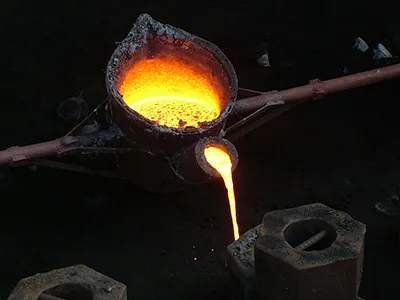
Investment casting involves melting solid metal into a liquid state and pouring it into a mold to form a specific shape, which then solidifies. During the melting process, impurities in the slag must be removed from the molten iron.
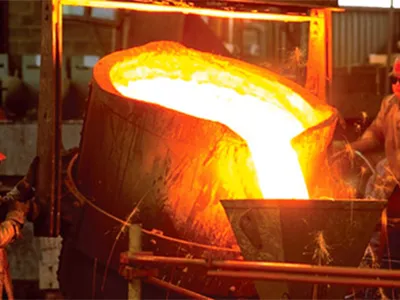
Refractory materials are inorganic, non-metallic materials that can withstand high temperatures and meet usage requirements in high-temperature environments. They are essential for various high-temperature equipment. In steelmaking, the high temperatures and corrosive, oxidative, and reductive conditions exceed the capacity of steel and other metals.
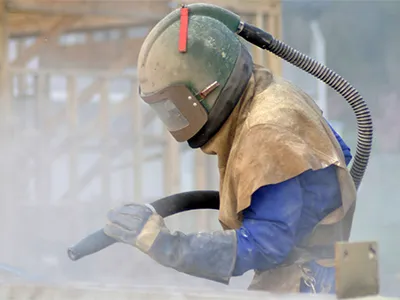
Surface finishing is a process that treats the surface of a work piece using compressed air to create a high-speed jet that propels abrasives (such as white fused alumina, brown fused alumina, garnet, glass beads, etc.) At high speed onto the work piece. This changes the surface's appearance or shape.
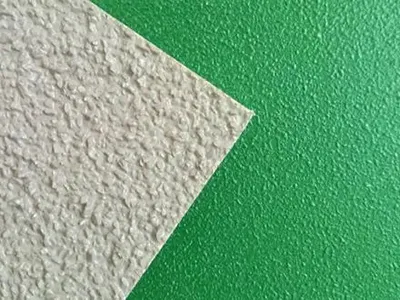
Coatings are widely used in various industries, including automotive, aerospace, infrastructure, pipelines, oil and gas, mining, and shipbuilding. Our products can serve as additives in coatings to enhance their performance. Metal oxides and fused mineral powders and granules can improve the chemical resistance and mechanical properties of coatings, while also enhancing optical characteristics and anti-slip properties.
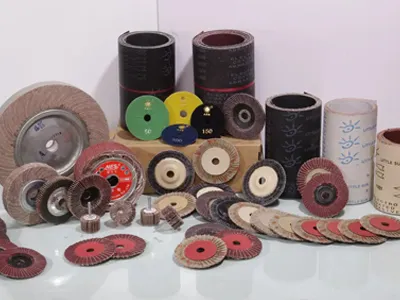
Abrasives are tools used for grinding, polishing, and buffing. Most abrasives are man-made, consisting of abrasives and a bonding agent (like grinding wheels). The applications for abrasives are vast; they are widely used not only in mechanical manufacturing and other metal processing industries but also in processing non-metal materials like grain, paper, ceramics, glass, stone, plastic, rubber, and wood.
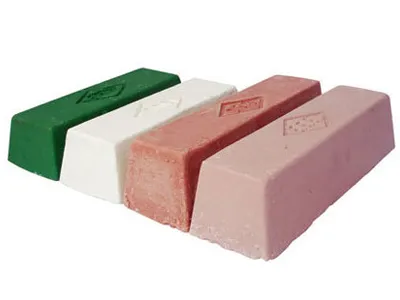
Polishing compounds generally use finer abrasive micro-powders (such as white fused alumina, brown fused alumina, black silicon carbide, green silicon carbide) as raw materials, which are further processed into polishing paste, polishing wax, and polishing liquid for convenient use in the polishing process.
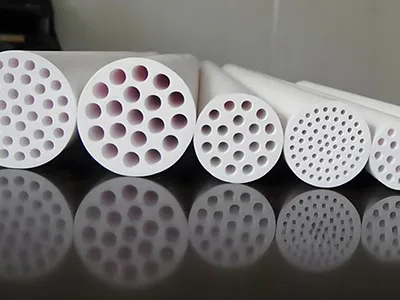
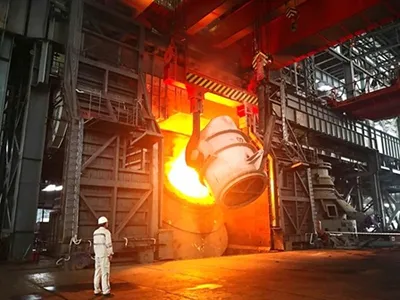
Metallurgy refers to the process and techniques of extracting metals or metal compounds from minerals and processing them into metal materials with specific properties through various methods.
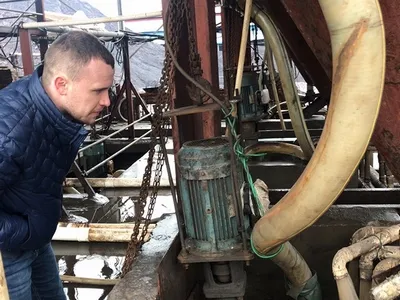
Customers often encounter challenges where the surfaces of their work pieces are contaminated with dyes, paints, rust, oxides, or other stubborn residues that are difficult to remove.

The working environment inside high-temperature kilns is extremely harsh. Prolonged exposure to high temperatures, corrosion, and oxidation can cause significant damage to the equipment, posing risks of explosions, fires, and other safety hazards.
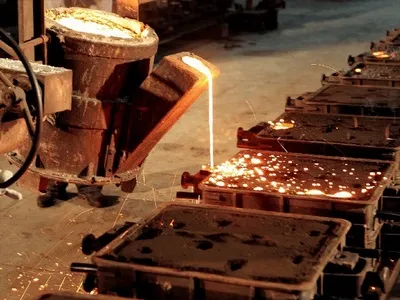
Casting sand can be used to fill molds or create cores, allowing for the manufacture of metal parts in various shapes and sizes.
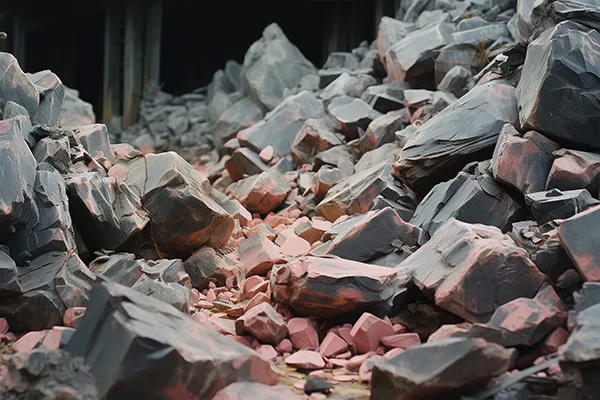
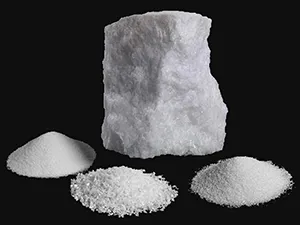
White fused alumina is produced from high-quality aluminum oxide powder, refined and crystallized through electric arc smelting.
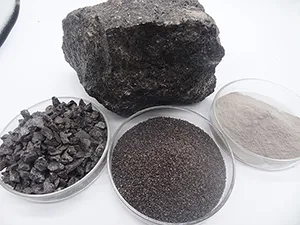
Brown fused alumina is produced by melting high-quality bauxite, iron filings, and anthracite in an electric arc furnace at high temperatures.
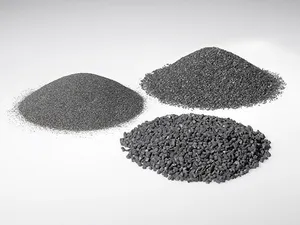
Zirconia fused alumina is produced by melting aluminum oxide and zirconium oxide in an electric arc furnace at temperatures above 2000°C.

Pink aluminum oxide or ruby aluminum oxide is made by aluminum oxide powder, which is electrically fused at high-temperature by adding appropriate amount of chromium oxide, etc.